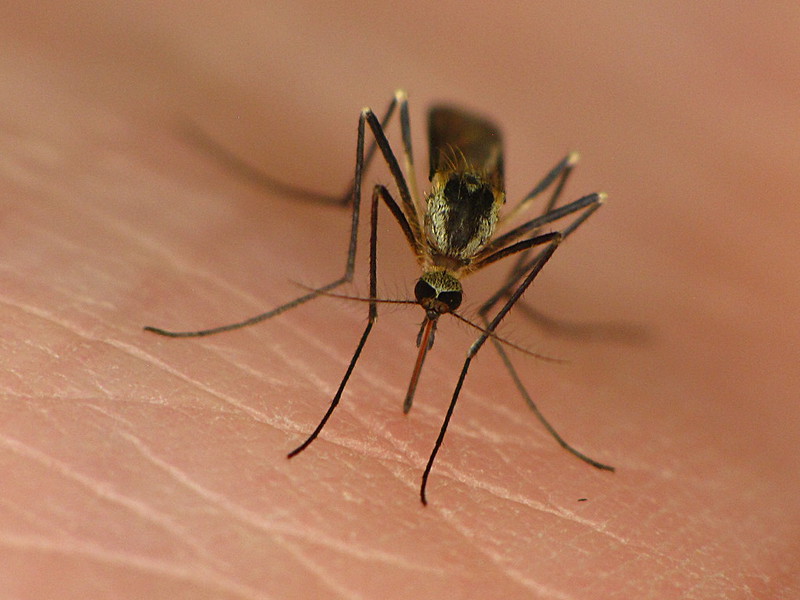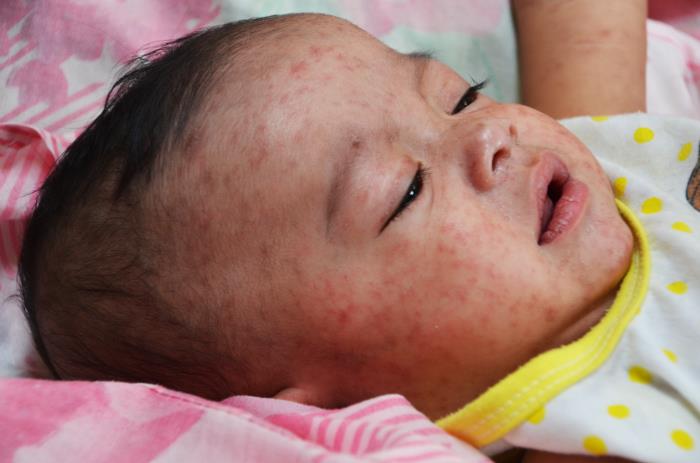The New Hampshire Department of Health and Human Services this week reported a fatal eastern equine encephalitis (EEE) infection in an adult from Hampstead, its first case in 10 years.

The rare but serious mosquito-borne illness can cause severe, potentially deadly, neurologic complications. The patient had been hospitalized because of severe central nervous system disease before death.
Virus also detected in horse, mosquitoes
New Hampshire reported its last EEE case in 2014 when it reported three infections, two of which were fatal.
Along with the human case, officials reported EEE virus (EEEV) detections in one horse and seven mosquito batches this summer. They also note that neighboring states Massachusetts and Vermont have reported recent human EEE cases.
In a statement, New Hampshire State Epidemiologist Benjamin Chan, MD, MPH, said, "We believe there is an elevated risk for EEEV infections this year in New England given the positive mosquito samples identified. The risk will continue into the fall until there is a hard frost that kills the mosquitos. Everybody should take steps to prevent mosquito bites when they are outdoors."
We believe there is an elevated risk for EEEV infections this year in New England given the positive mosquito samples identified.
In its latest update, the Centers for Disease Control and Prevention said it had received four reports of EEE cases, all involving the neuroinvasive form of the disease, in four states: Massachusetts, New Jersey, Vermont, and Wisconsin. The nation averages about 11 cases each year.











